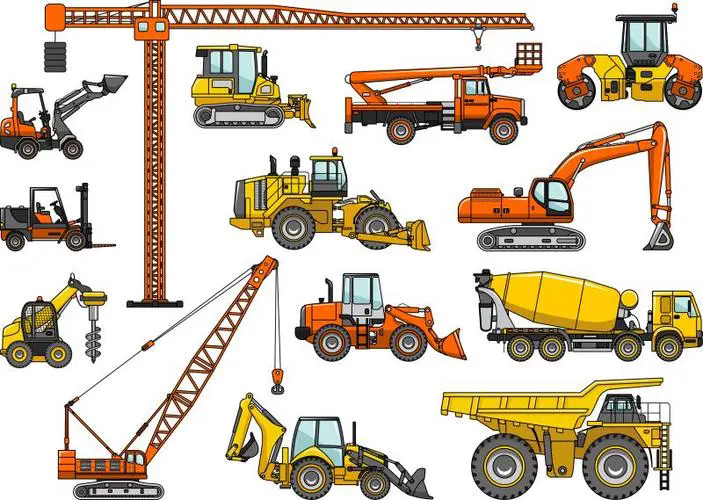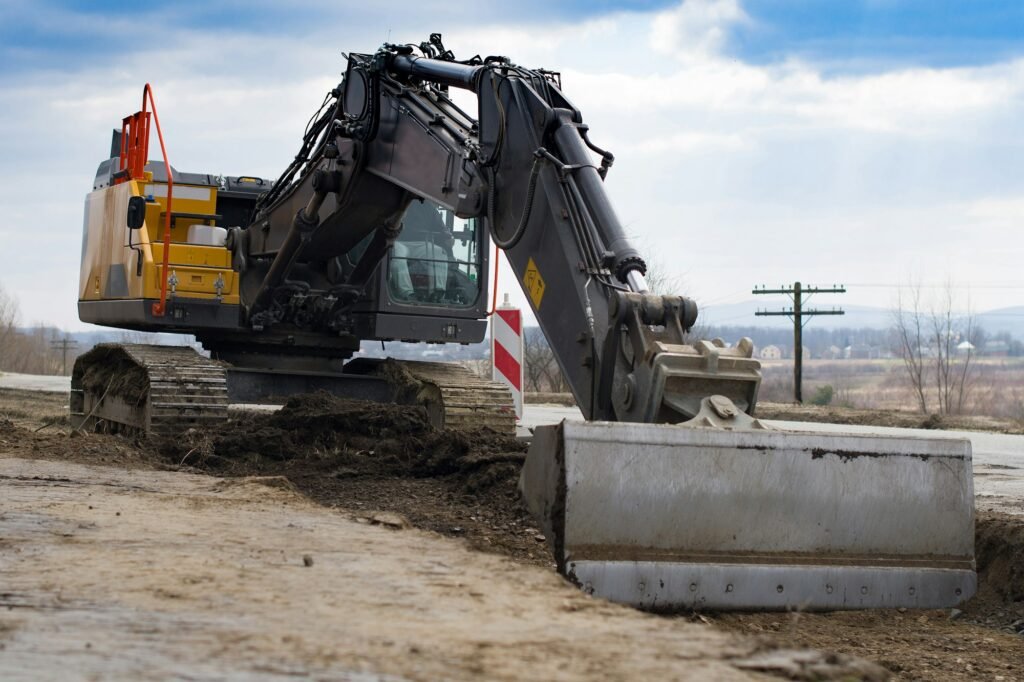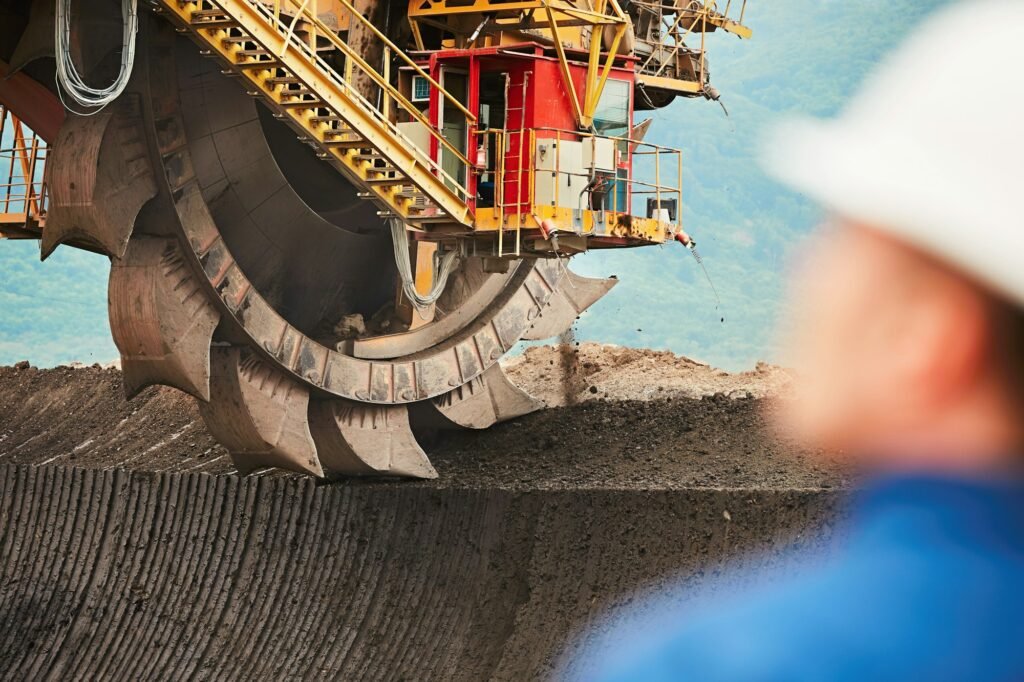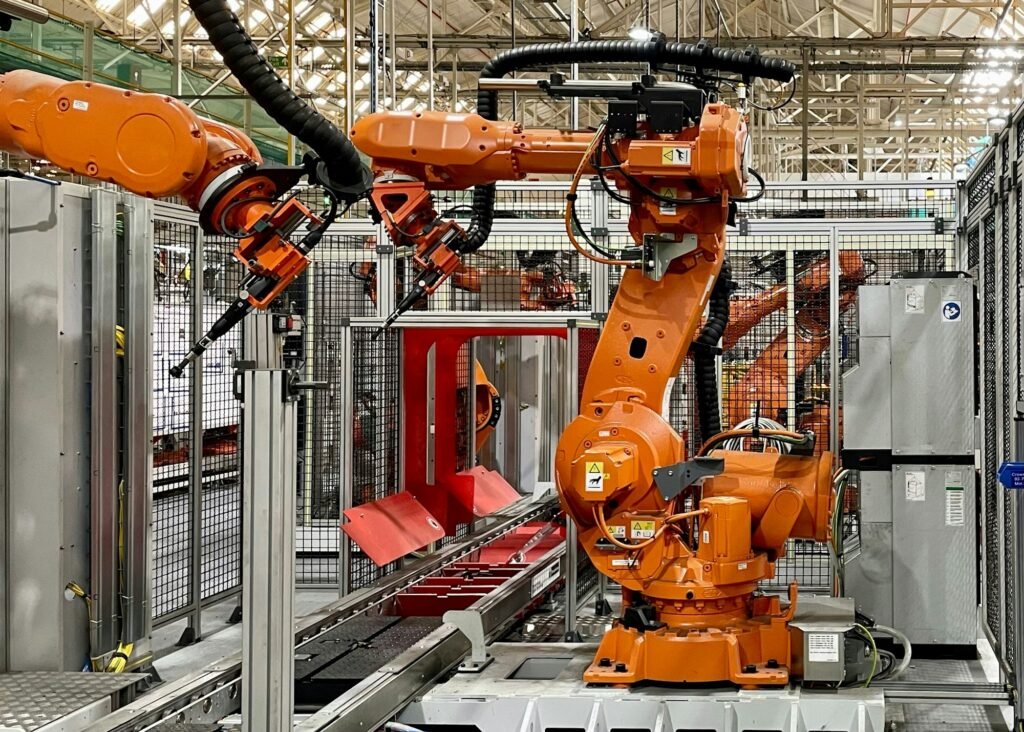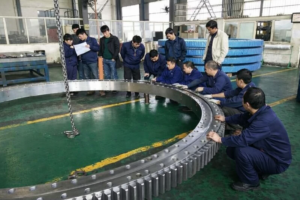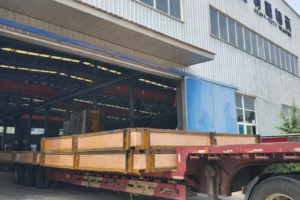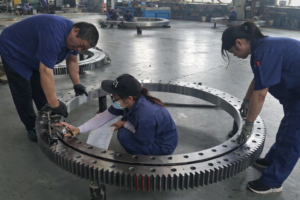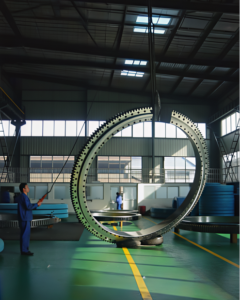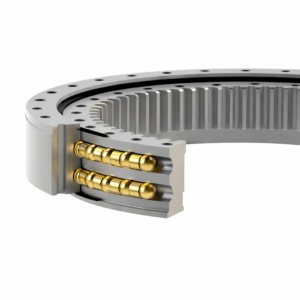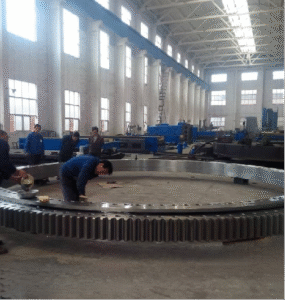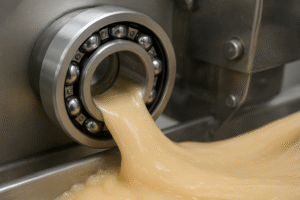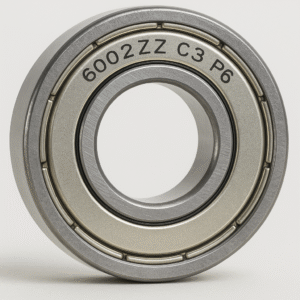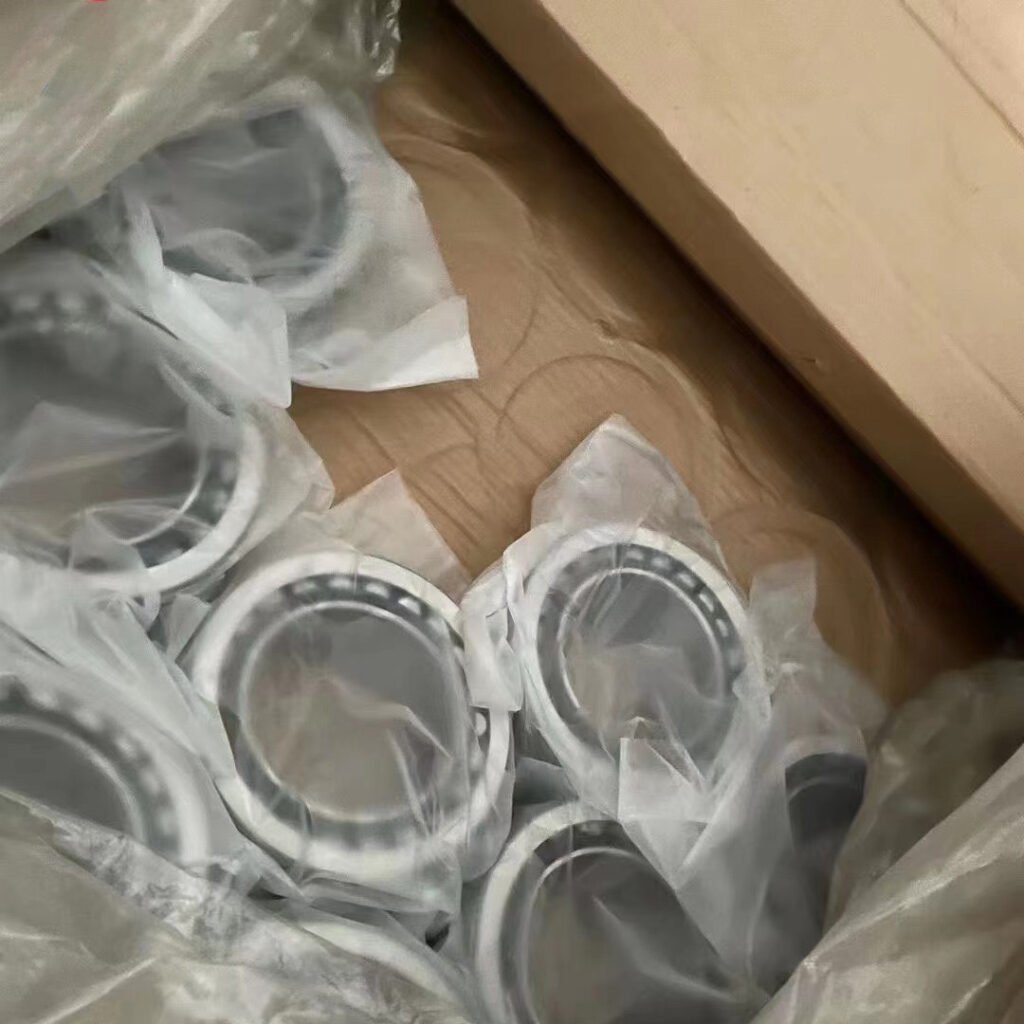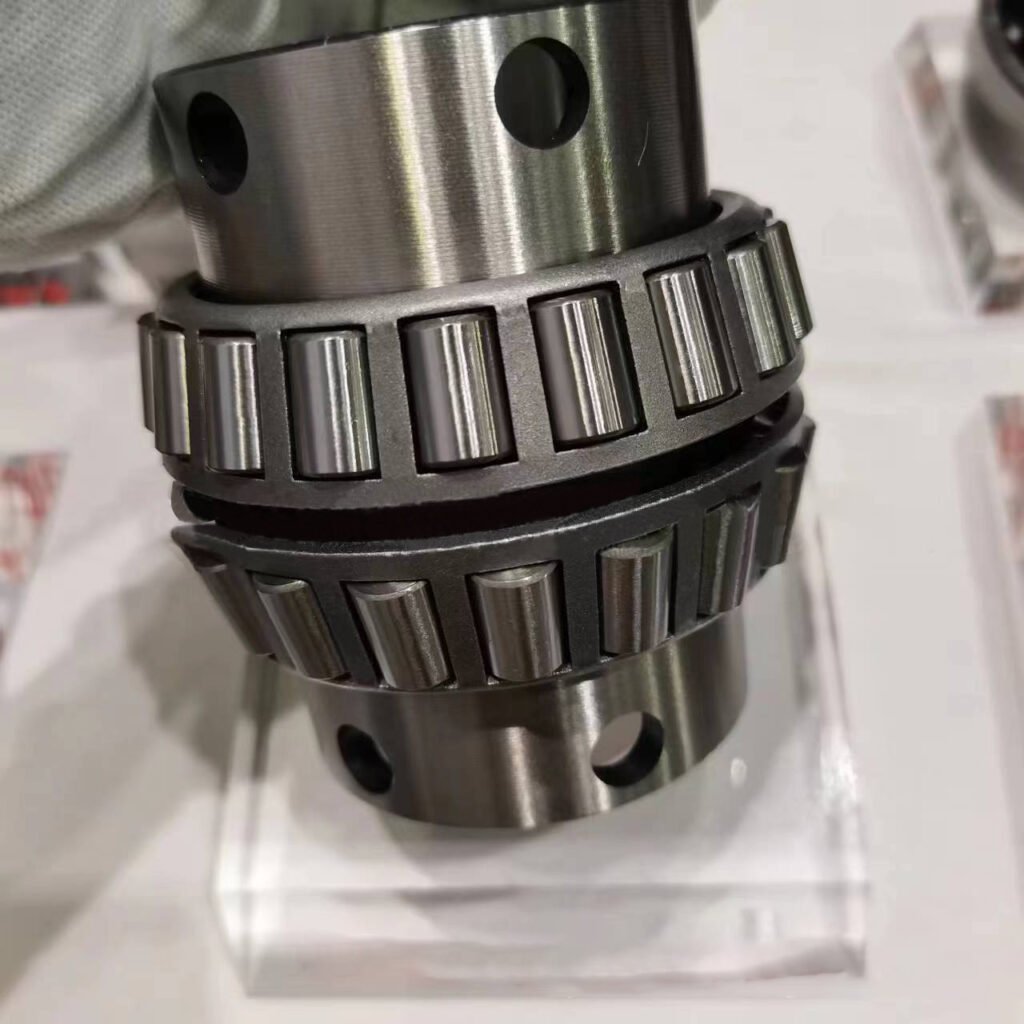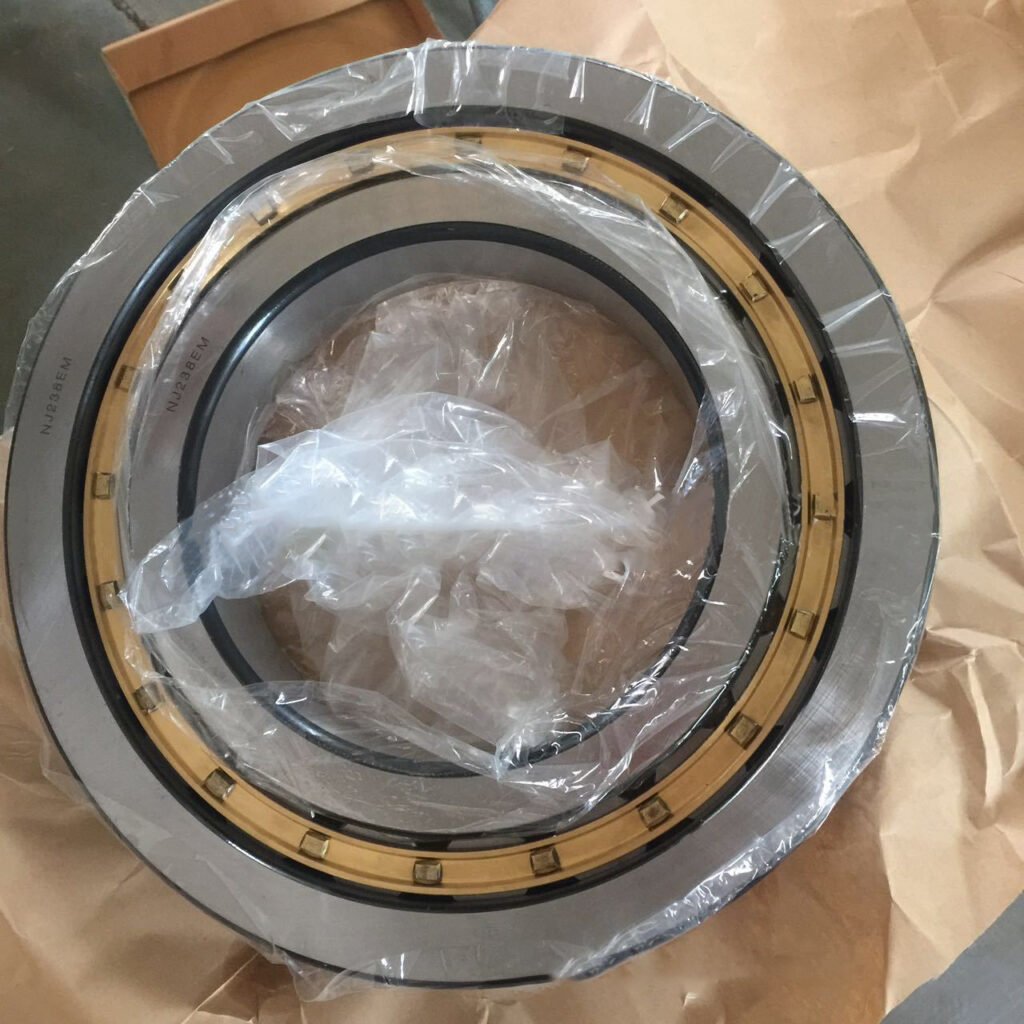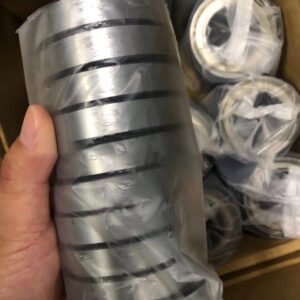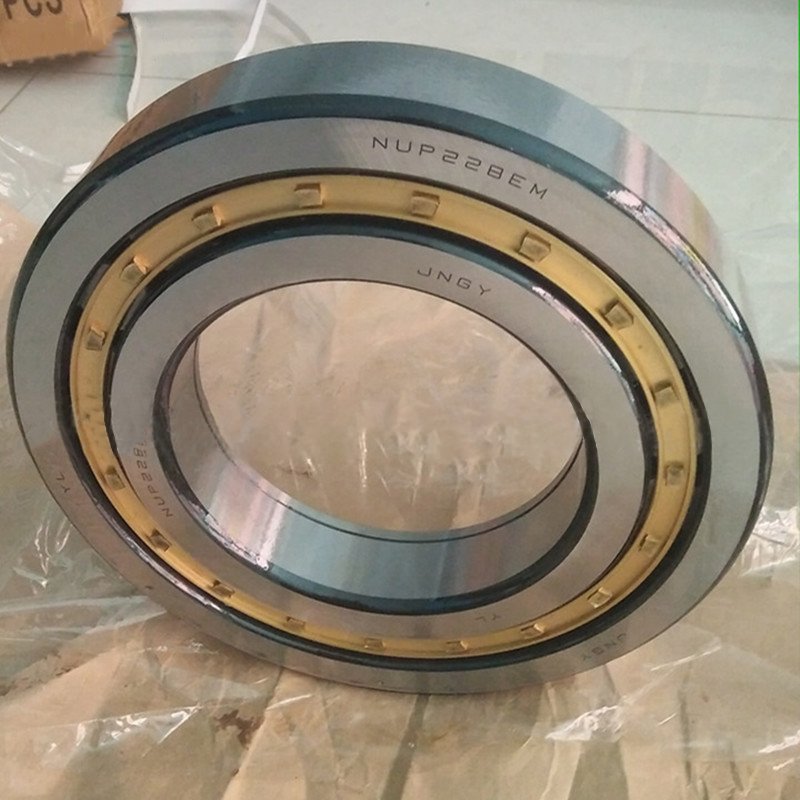Sealed bearings are precision-engineered components widely used in various industrial and automotive applications. They are designed with integrated seals made of rubber or metal that protect the bearing’s internal components from contaminants such as dust, moisture, and debris while keeping the lubricant securely inside. The primary advantage of sealed bearings is their ability to operate without requiring frequent relubrication, making them low-maintenance and reliable for long-term performance.
However, when sealed bearings are stored for an extended period, concerns arise about whether they can still be used effectively. Factors like environmental conditions, the quality of the seals, and lubricant stability play crucial roles in determining the bearing’s usability. In this article, we will address whether sealed bearings can still be used after long-term storage, the criteria for determining usability, the potential problems that may arise, storage environment requirements, and maintenance practices to ensure their longevity.
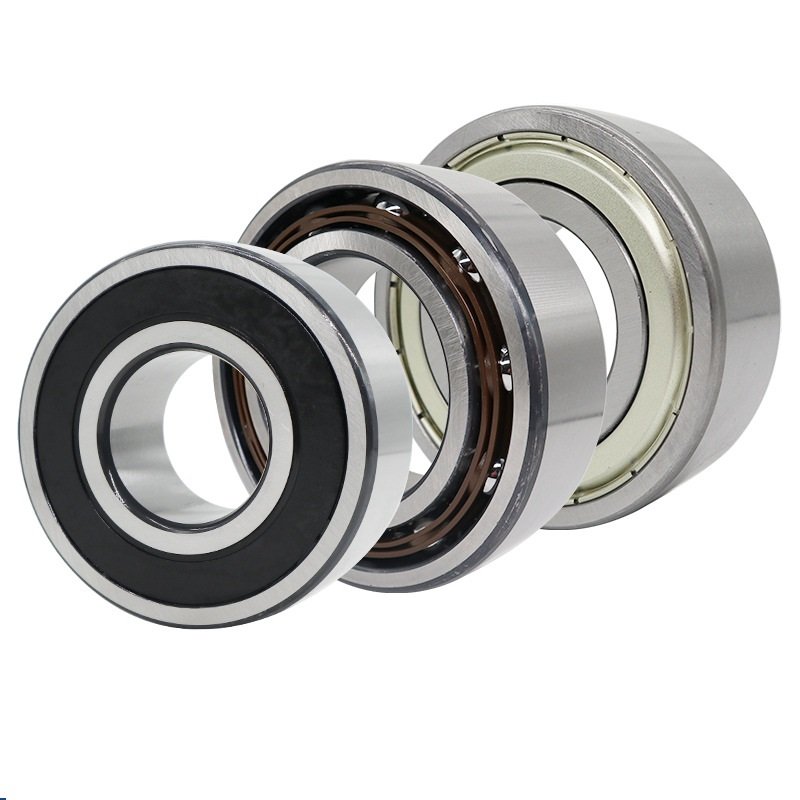
1. Can Sealed Bearings Still Be Used After Being Stored for a Long Time?
Yes, sealed bearings can still be used after being stored for a long time, but their usability largely depends on various factors, including storage conditions, seal integrity, and lubricant stability. If sealed bearings are stored properly—keeping them in a clean, dry, and vibration-free environment with controlled temperature and humidity—they are likely to remain functional even after several years. However, if they are exposed to unfavorable conditions such as moisture, temperature fluctuations, dust, or heavy pressure, their performance may degrade significantly.
One of the primary concerns with long-stored sealed bearings is lubricant deterioration. Sealed bearings are pre-lubricated during manufacturing, and the quality of the lubricant is crucial for smooth and efficient operation. Over time, the grease inside the bearing may break down, harden, or become contaminated. Additionally, the seals themselves may harden, crack, or lose elasticity, compromising their ability to retain lubrication and keep contaminants out.
Therefore, it is crucial to thoroughly inspect sealed bearings before use after long-term storage. Even if they appear visually intact, a deeper inspection is necessary to evaluate lubricant condition, seal integrity, and rotational smoothness.
1.1 How Long Can Sealed Bearings Be Stored?
The storage life of sealed bearings varies depending on the bearing manufacturer, bearing type, and storage conditions. In general, most sealed bearings can be safely stored for 3 to 5 years if kept in optimal conditions. High-quality sealed bearings from reputable bearing manufacturers may last even longer—up to 10 years—without losing performance quality.
1.1.1 Factors that affecting bearing storage longevity include:
Bearing Material and Seal Quality: Bearings made from corrosion-resistant materials with durable seals can withstand longer storage periods.
Lubricant Stability: High-quality synthetic lubricants are more resistant to oxidation and degradation, contributing to extended storage life.
Packaging Quality: Bearings that are vacuum-sealed or stored in moisture-proof packaging are better protected from environmental damage.
Storage Environment: A stable, clean, dry, and vibration-free environment ensures that bearings maintain their quality over time.
Before putting long-stored bearings into operation, it is essential to conduct comprehensive inspections and tests to verify their usability.
2. What Are the Criteria for Judging Whether Sealed Bearings Can Continue to Be Used?
To accurately assess whether long-stored sealed bearings can still be used, follow these critical evaluation criteria:
2.1 Visual Inspection
Examine the exterior of the bearing and its packaging for signs of damage, such as:
Corrosion or Rust: Look for reddish or brown discoloration on metal surfaces.
Seal Condition: Check for hardening, cracking, or deformation of rubber or metal seals.
Packaging Integrity: Damaged or punctured packaging may indicate exposure to moisture or contaminants.
2.2 Rotational Check
Rotate the bearing by hand and observe for:
Smoothness of Rotation: The bearing should turn smoothly without resistance or vibration.
Noise Evaluation: Unusual sounds, such as grinding or squeaking, may indicate internal damage or dried lubricant.
2.3 Lubricant Condition
Evaluate the lubrication quality by:
Visual Check: Grease should appear smooth and consistent without hardening or separation.
Odor Assessment: A foul or burnt smell indicates oxidation or contamination.
Lubricant Leakage: Check for excessive oil or grease leakage, which may indicate seal failure.
2.4 Dimensional Accuracy
Measure critical dimensions, including inner and outer ring diameters and width, and compare them to original specifications. Distortion may suggest mechanical stress or prolonged improper storage.
2.5 Performance Testing
Conduct a low-speed test on a test rig to observe operational behavior. This can help detect hidden issues like vibration or abnormal torque.
If the bearing fails any of these criteria, it is advisable to replace it rather than risk premature failure during operation.
3. What Problems Will Occur If Sealed Bearings Are Stored for a Long Time?
Long-term storage of sealed bearings can lead to several potential issues:
3.1 Lubricant Deterioration
Lubricant degradation is one of the most common problems. Grease or oil may:
Harden or thicken, losing its lubricating properties.
Oxidize, forming acidic compounds that corrode metal surfaces.
Separate, causing uneven lubrication and dry spots.
3.2 Seal Damage
Rubber seals can become brittle, crack, or lose elasticity due to:
Prolonged exposure to UV light or temperature changes.
Contact with aggressive chemicals or solvents.
3.3 Rust and Corrosion
High humidity and condensation can cause rust on metal surfaces, even in sealed bearings. This compromises the bearing’s structural integrity and reduces lifespan.
3.4 Internal Contamination
Inadequate sealing or damaged packaging may expose bearings to dust and moisture, leading to contamination and increased wear during operation.
4. What Are the Requirements for the Storage Environment of Sealed Bearings?
To preserve the quality and functionality of sealed bearings, follow these storage best practices:
Temperature Control: Store in a cool, dry place with temperatures ranging from 10°C to 25°C (50°F to 77°F). Avoid drastic temperature fluctuations.
Humidity Management: Keep relative humidity below 60% to prevent rust and condensation.
Clean Environment: Dust and airborne contaminants should be minimized. Use sealed containers or packaging.
Vibration-Free Area: Avoid areas subject to shocks or continuous vibrations.
Proper Positioning: Store horizontally to prevent deformation due to bearing weight.
5. Do Sealed Bearings in Storage Need Regular Maintenance?
Yes, regular maintenance is essential to ensure long-stored sealed bearings remain usable:
Periodic Inspections: Check bearings at least every six months to assess their condition.
Rotation Testing: Gently rotate bearings to redistribute lubricant and detect stiffness.
Environmental Monitoring: Continuously monitor temperature and humidity levels.
Packaging Maintenance: Replace worn or damaged packaging to maintain protection.
Regular maintenance not only extends the storage life but also minimizes the risk of failures when bearings are put into service.
6. Conclusion
Sealed bearings can still be used after long-term storage, provided they are stored correctly and pass essential inspection criteria. By adhering to best storage practices, conducting thorough evaluations, and maintaining a controlled environment, you can ensure that sealed bearings remain reliable and efficient even after years of storage. Following these guidelines will help minimize risks and extend the lifespan of your bearings, maintaining optimal performance when needed.
To learn more about sealed bearings, you can also read the following articles.

